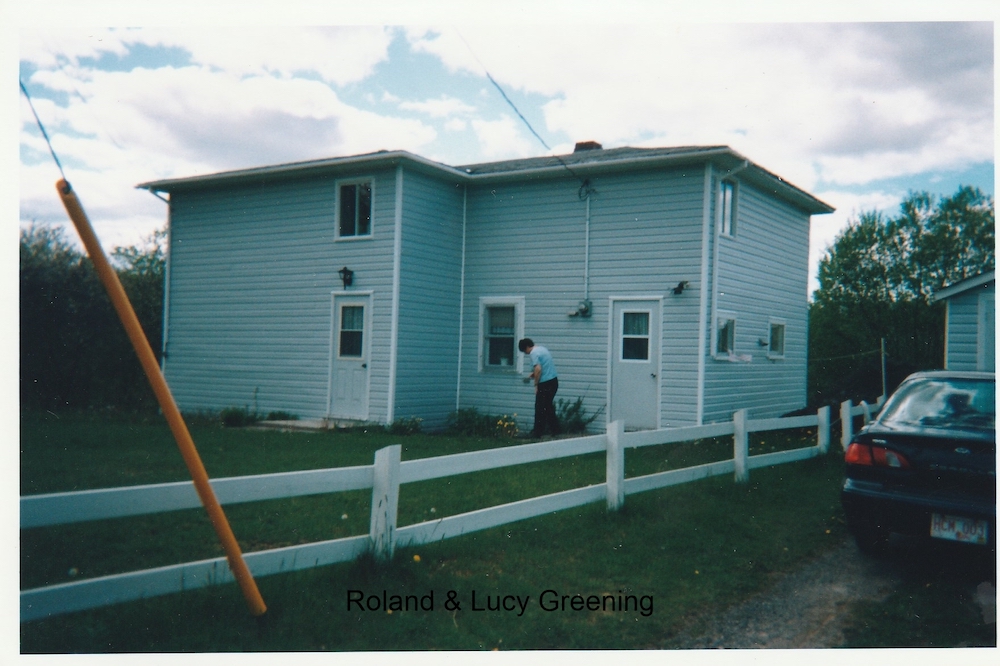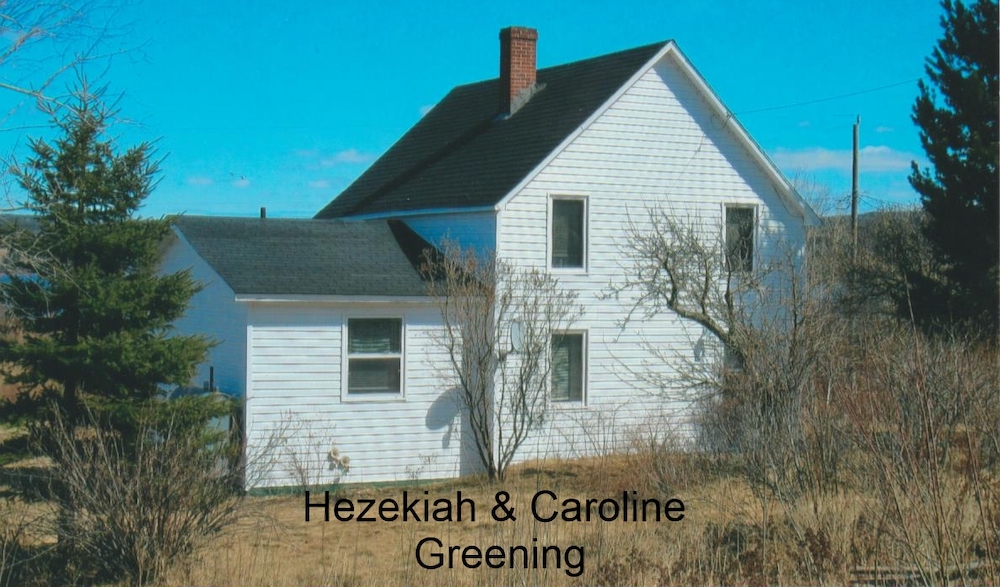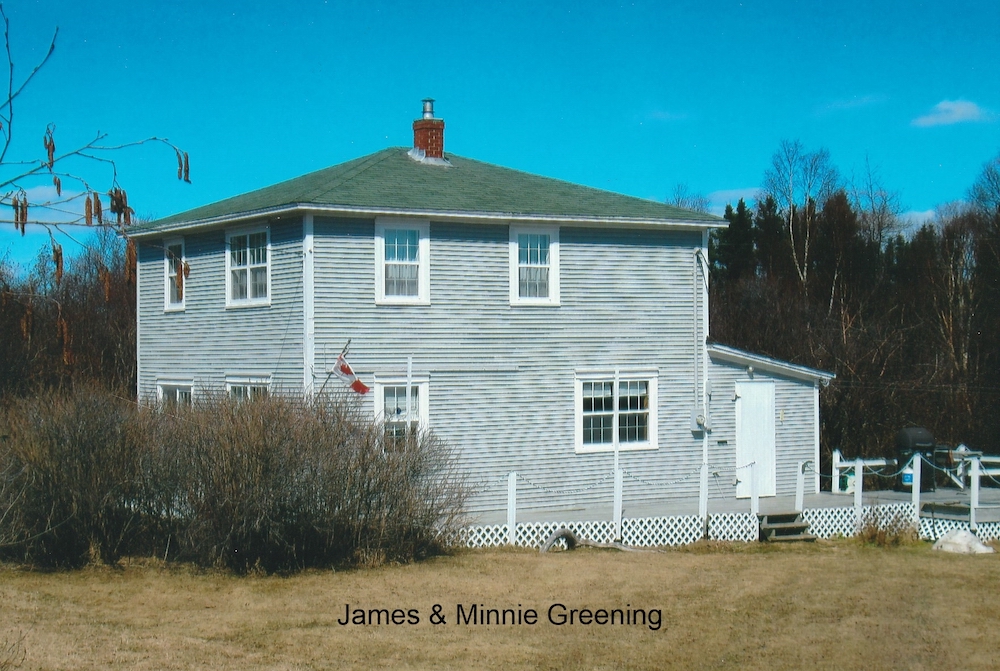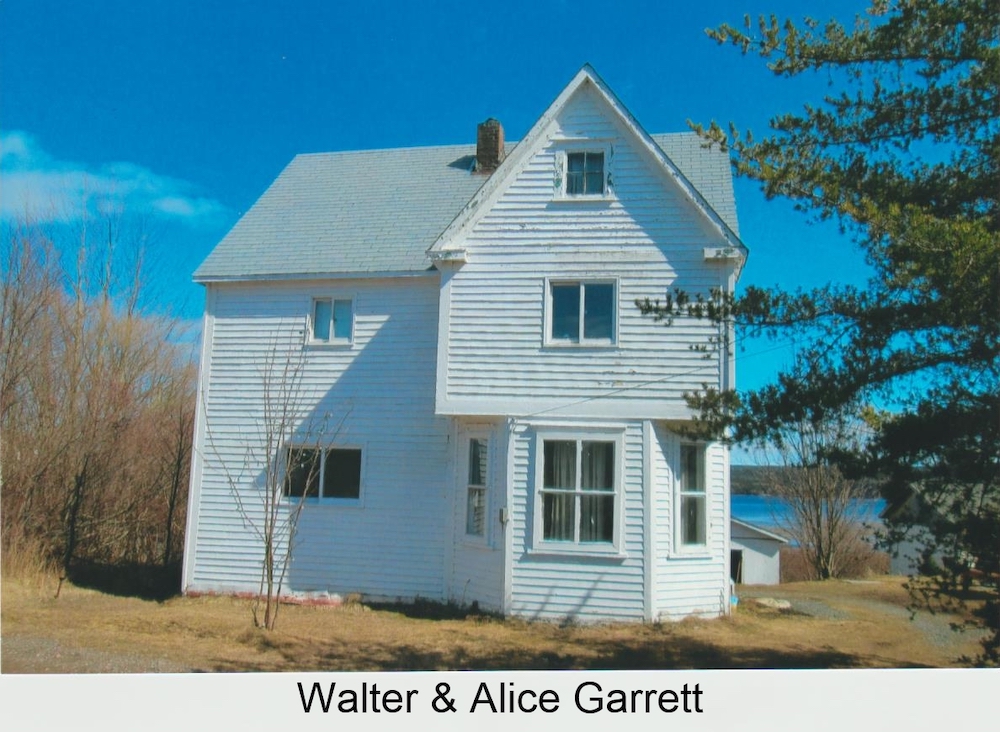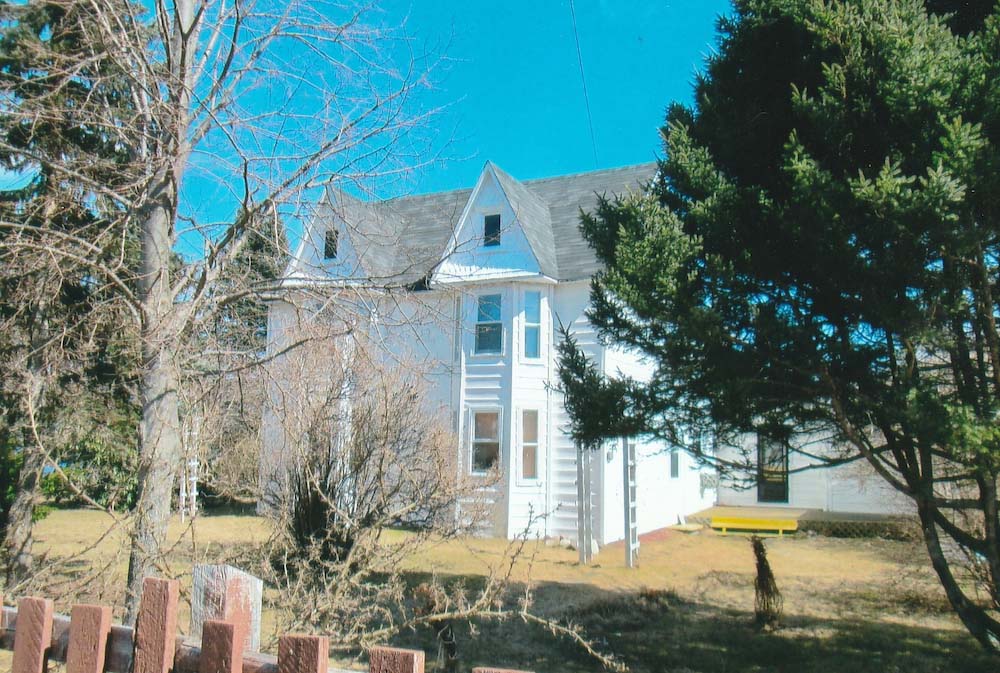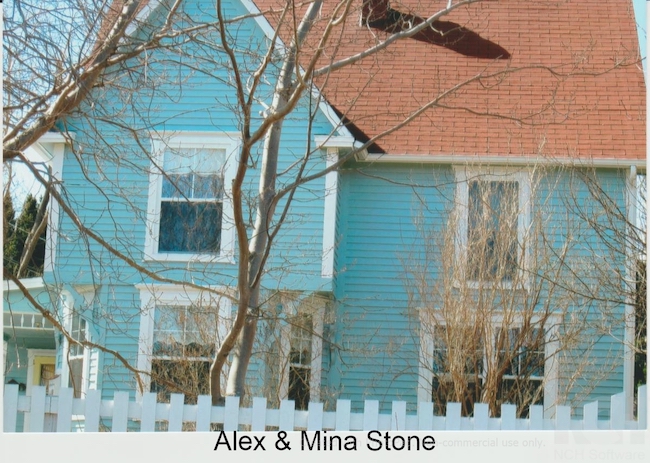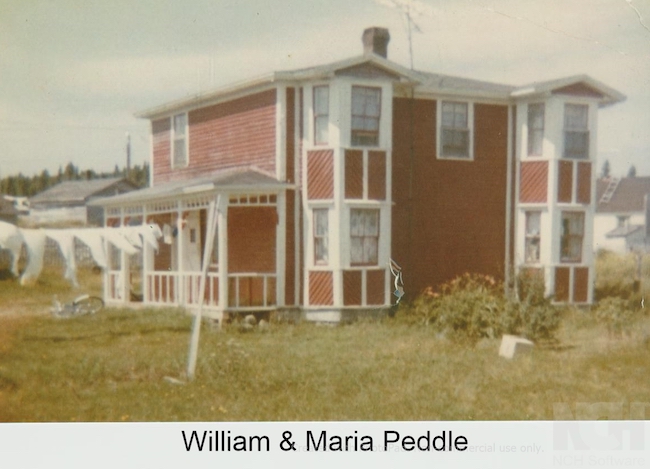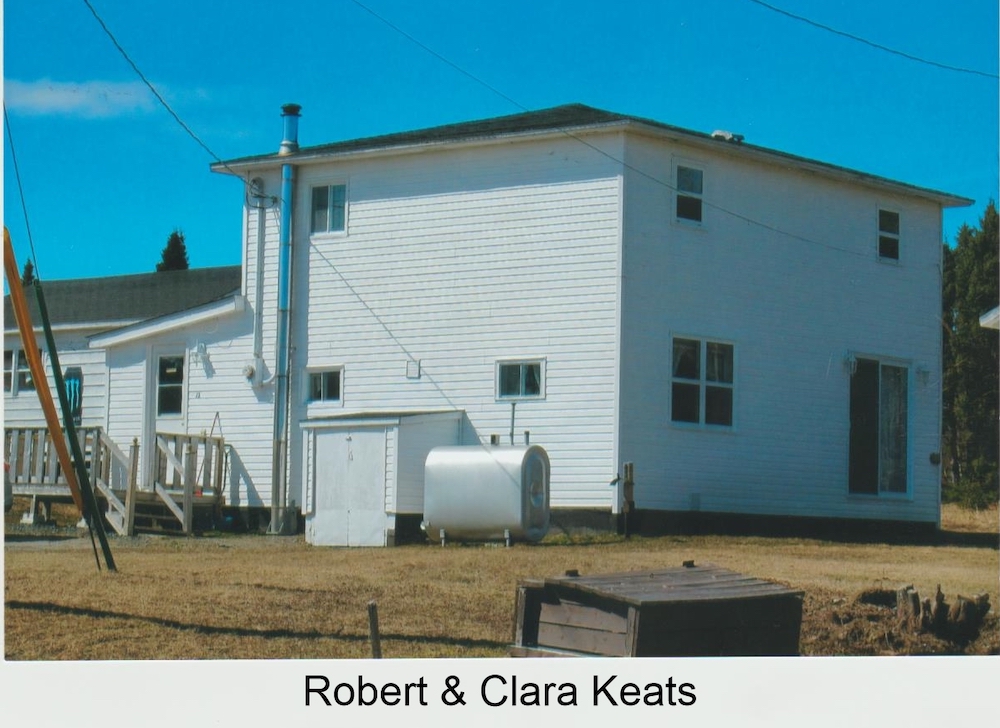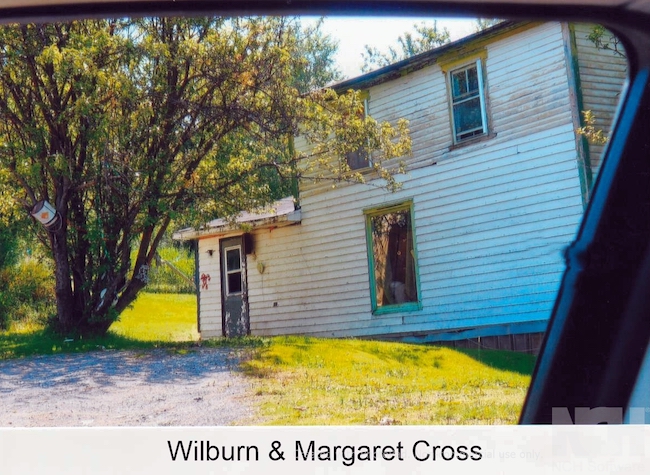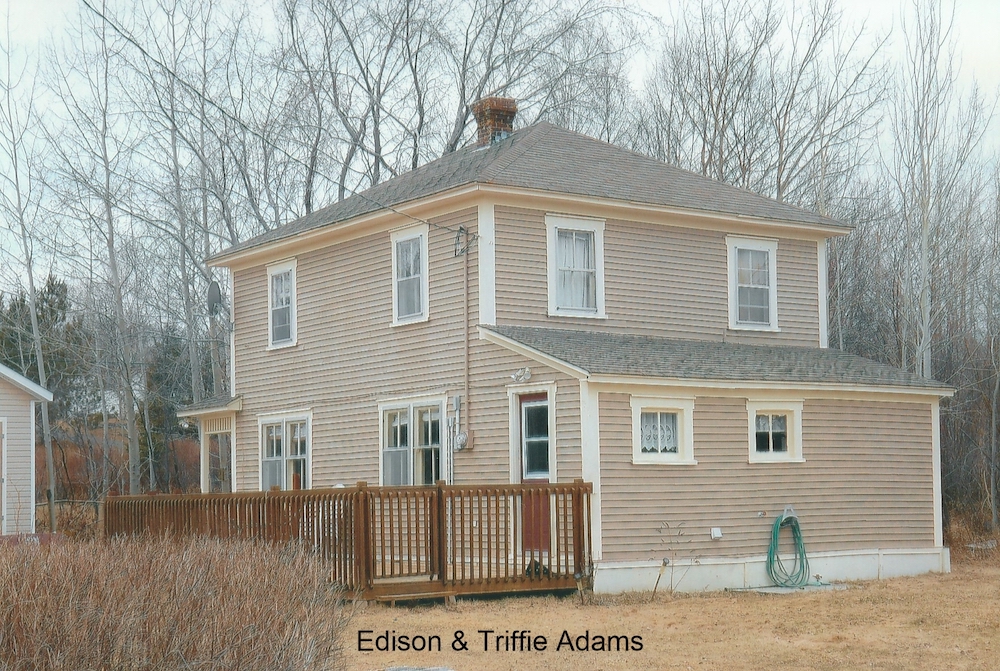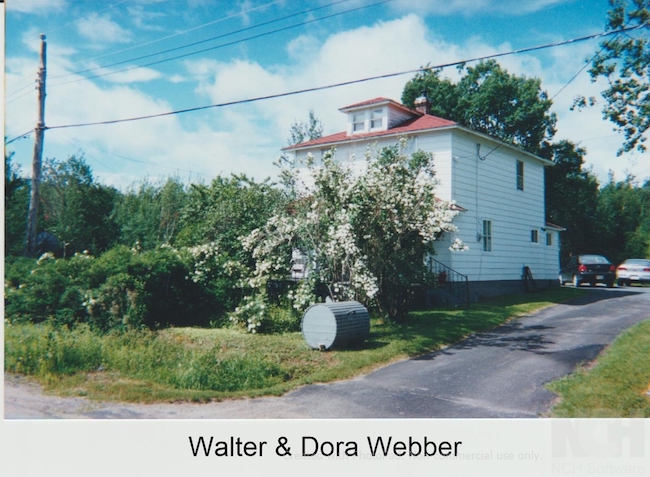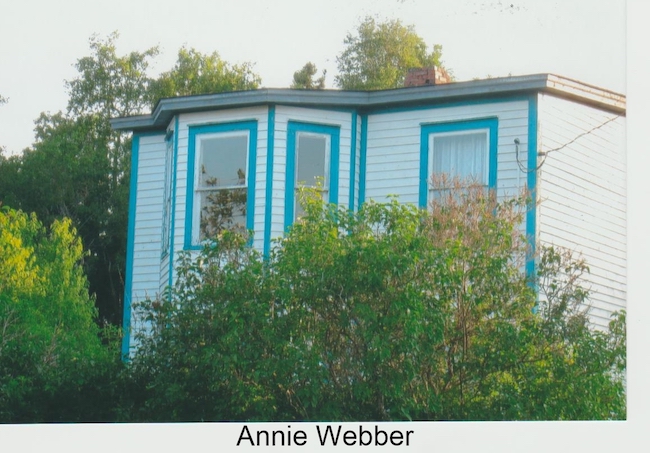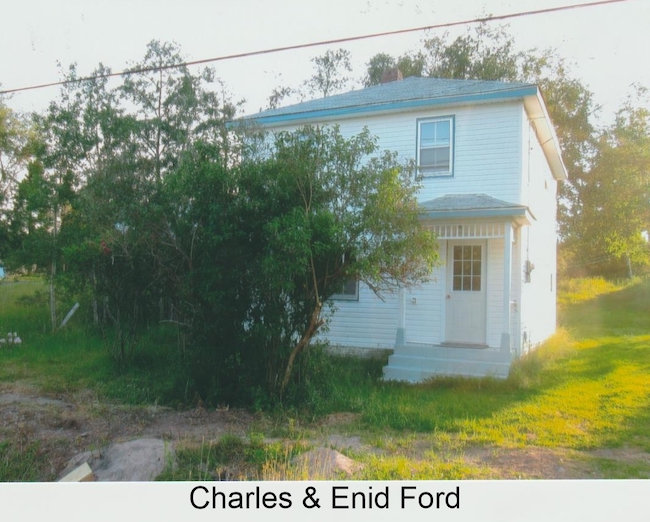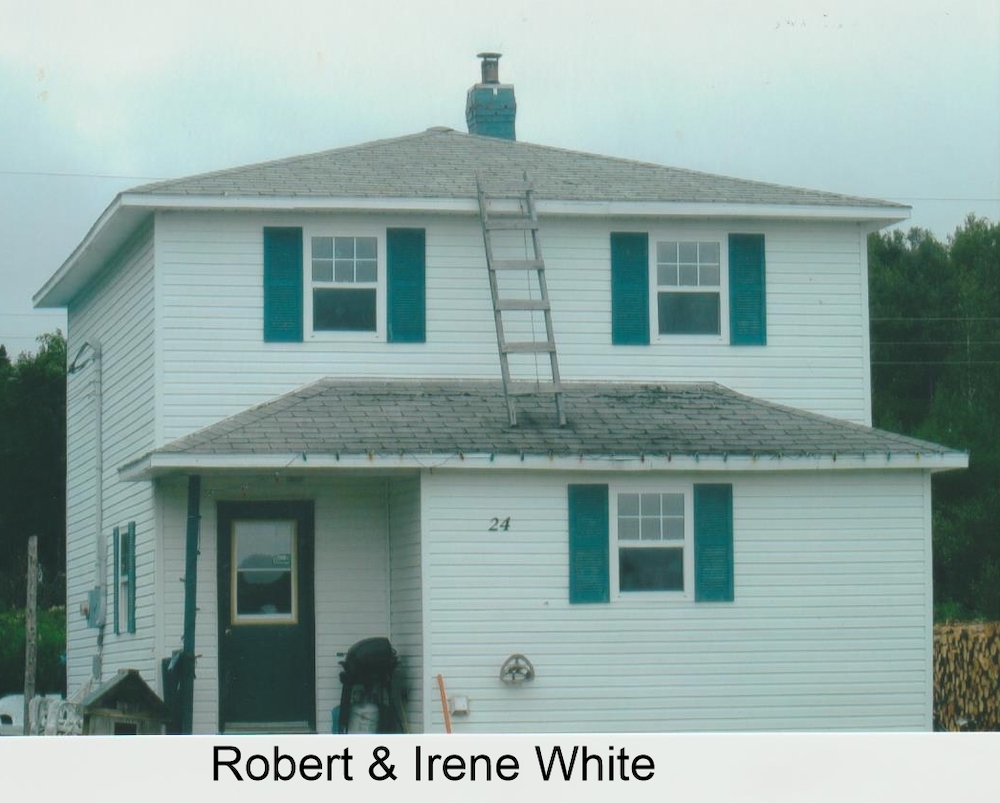Constable William J. Moss
 Members of the International Woods Workers (IWA) union began striking at the end of December 1958 for higher wages (increase of 5 cents per hour) and a shorter work week (reduction from 60 hours to 54 hours per week). Over time, many members became disgusted with the amount of time they were on strike and began discussions with the Newfoundland Government to end the strike. Logging and lumbering provided the income for most Newfoundlanders and added over $30 million to the Newfoundland economy.
Members of the International Woods Workers (IWA) union began striking at the end of December 1958 for higher wages (increase of 5 cents per hour) and a shorter work week (reduction from 60 hours to 54 hours per week). Over time, many members became disgusted with the amount of time they were on strike and began discussions with the Newfoundland Government to end the strike. Logging and lumbering provided the income for most Newfoundlanders and added over $30 million to the Newfoundland economy.
On 30 April 1959, Premier Joseph Robert Smallwood announced the formation of the Brotherhood of Newfoundland Woods Workers (BNWW) at Grand Falls Town Hall in an attempt to open stalled discussions between the Anlgo Newfoundland Development Company (AND Co.) and striking loggers represented by the IWA. Within one week, over 1800 loggers had joined the new union. At the end of two weeks, over 2044 members had joined the new union (over 1200 were from the IWA). Part of the agreement between the Newfoundland Government and the loggers was the new union members would not be permitted to strike.
By 04 March, IWA picket lines were quickly disappearing and many of the picketers joined up with the new union. The Badger picket line remained defiant and was being reinforced by men brought in from Deer Lake. Newspapers simultaneously reported that IWA offices were closing at Grand Falls and Windsor while new offices opened at Deer Lake and Corner Brook and that the number of new union members was exaggerated. Regardless, men began returning to work at the camps and continued to sign up with the new union. AND Co. still had not entered into discussions with the new union but a new contract was imminent.
The Newfoundland Legislature passed a bill on 07 March to decertify the IWA as a bargaining unit for the Newfoundland loggers. Mr. H. Landon Ladd, president of District 2 of the IWA, and backed by the Canadian Labor Congress vowed to defy any legislation. James (Jimmy) Hoffa, president of the International Brotherhood of Teamsters, called Mr. Smallwood a “fascist”. The IWA petitioned the federal government to disallow the Newfoundland bill which created the new union. On the same day, Bowater’s pulp and paper announced a new two-year contract which included a five cent an hour raise for mill workers (wages increased to $1.79 per hour) and up to four weeks of paid holidays for employees with 25 years of service.
On Monday 09 March, the new union began talks with the AND Co. in an attempt to create a new logging contract. As talks continued at Grand Falls, IWA picket lines increased in size. Tensions between striking loggers and AND Co. increased as logs from outside areas were brought into the Grand Falls mill. The RCMP reinforced the detachment at Grand Falls (the normal detachment of 6 now numbered 175) and they kept watch on activities at the picket lines. The RNC also sent a group of police (estimated between 20 and 30) to Grand Falls over the previous weekend to assist the RCMP.
An estimated 300 picketers clashed with around 60 RCMP and RNC at Badger after a car containing outside loggers tried to pass through picketers near Badger and two police officers were injured. One member was seriously injured and was sent to the Grand Falls hospital for emergency surgery. Several picketers from the West Coast were arrested for assaulting a police officer. On 12 March, Constable William Moss succumbed to his wounds and was pronounced dead at the Lady Northcliff Hospital at Grand Falls. Premier Joseph Smallwood announced that a charge of murder would be laid against the IWA picketer.
The AND Co. announced on 13 March that it had reached an agreement with BNWW and the new contract would be shortly released. The IWA slowly began closing up offices around the Grand Falls area and returned to Deer Lake and Corner Brook. The strike had lasted 71 days. The body of Constable Moss travelled by train from Grand Falls to St. John’s where his mother lived. A short service was held at St. John’s before the body was transferred by train to Port Blandford for final burial.
William J. Moss was born in 1935 at Port Blandford to Mr. and Mrs John Moss. A veteran of the Royal Canadian Air Force, William later joined the Royal Newfoundland Constabulary (RNC). Constable Moss was the first member of the Royal Newfoundland Constabulary to be killed in the line of duty. He was also the first fatal victim of a labour dispute in Newfoundland. Constable Moss is buried at the St Aiden’s Anglican Church cemetery at Port Blandford.
Earl Ronald Laing from Lomond in Bonne Bay was charged with the murder of Constable Moss but was later acquitted. No further charges were ever laid.
Information taken from The Daily News 03 Mar – 16 Mar 1959.



